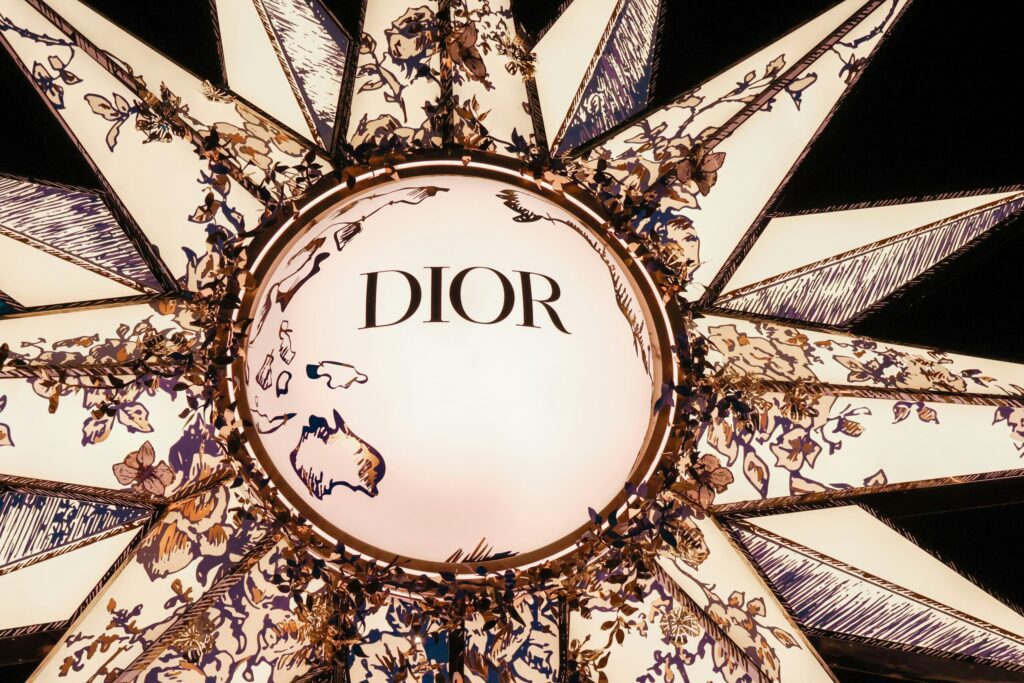
The Unraveling Thread at Dior: Chiuri’s Exit Raises Questions on High Fashion’s Moral Fabric
A Departure That Forces Inquiry into Artistic Freedom, Social Messaging, and the Fleeting Nature of Conviction in the Luxury World.
by George David 4 June 2025
Maria Grazia Chiuri, the acclaimed visionary who steered Dior’s women’s collections, is reportedly stepping down from her role. This significant shift at the helm of one of fashion’s most iconic houses immediately prompts a deeper inquiry: What does such a high-profile departure signify for a brand that has boldly embraced social consciousness? Is this merely the ebb and flow of creative leadership, or does it hint at a more profound tension between grand pronouncements of purpose and the relentless demands of the marketplace?
Chiuri’s tenure at Dior was distinct. She dared to inject a potent blend of female empowerment and feminist discourse directly onto the runway, crafting collections that were as much a statement of solidarity as they were of style. Her designs and runway presentations often carried explicit messages, urging contemplation on societal roles and gender dynamics—a stark contrast to the often-apolitical stance of luxury fashion. One can’t help but wonder if this commitment to a principled stance was a deeply held conviction driving the brand’s creative direction, or perhaps a masterfully woven tapestry of marketing, designed to captivate a new, ethically minded consumer base. The industry often speaks of its responsibility to reflect and shape culture; Chiuri arguably did, but the timing of her exit invites scrutiny into the staying power of such commitments.
The circumstances surrounding departures of this magnitude often remain shrouded in an almost ceremonial discretion. While formal announcements acknowledge the transition, the intricate pressures, the clashing visions, or the shifting priorities that precipitate such changes are rarely laid bare. This opacity forces a questioning of candor within the highest echelons of corporate creative power. Does this lack of openness serve to maintain a polished façade, shielding commercial imperatives that might conflict with the public-facing ideals the brand cultivated under Chiuri’s guidance? What happens when a brand’s narrative of progression suddenly finds its architect departing, leaving behind an unspoken void where answers should be?
Her exit compels us to scrutinize what this signals for Dior’s future artistic direction and, by extension, the broader fashion world’s engagement with pressing social dialogues. Will the commitment to progressive ideals, once so vibrantly paraded, prove to be as transient as seasonal trends when the ledger demands its due? Is the very pursuit of immense profit fundamentally at odds with upholding a truly principled standpoint in high commerce? This change at Dior serves as a powerful reminder that while fashion can eloquently articulate societal shifts, the true measure of its impact—and its unwavering commitment to profound human implications—lies not just in its latest collection, but in the sustained conduct that underpins its public face.
#MariaGraziaChiuri #Dior #FashionLeadership #BrandPurpose #CreativeDirection #LuxuryFashion #EthicalConsumption #CorporateResponsibilit